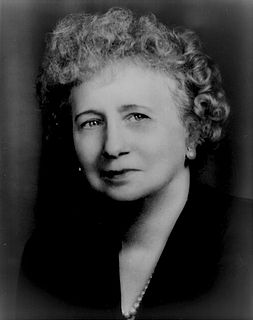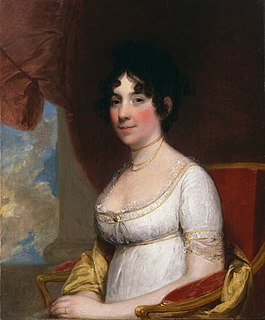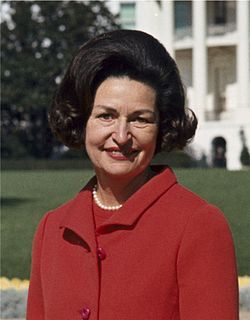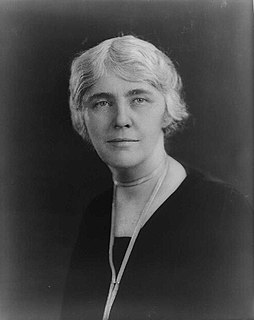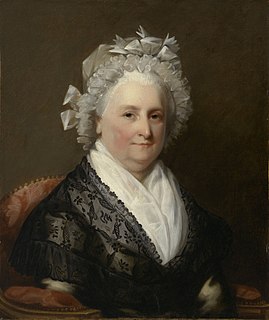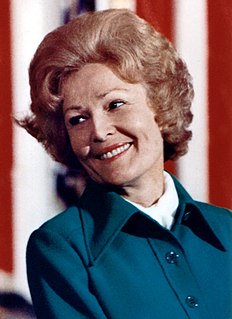A Quote by Laura Bush
There's nothing political about American literature.
Quote Topics
Related Quotes
In my first class at the University of Kentucky, my American Literature professor came in, and the first sentence out of his mouth was "The central theme of American Literature is an attempt to reconcile what we've done to the New World." wrote that down in my notebook, and thought, "What is he talking about?" But that's what I think about now. The New World and what we've done to it.
Once the law, properly enacted, is routinely ignored, and ignored with the blessing and the promotion of the political class, then you have a breakdown of organized society. And there is nothing compassionate about what's happening to the people of Arizona. There is nothing compassionate about the violation of private property rights. There is nothing compassionate about the abuse of the taxpayer. There is nothing compassionate about the closing of schools and hospitals. Nothing at all compassionate about increased drug trafficking and crime. Nothing compassionate about that at all.
English is, from my point of view as an Americanist, an ethnicity. And English literature should be studied in Comparative Literature. And American literature should be a discipline, certainly growing from England and France, Germany, Spain, Denmark, and the Native traditions, particularly because those helped form the American canon. Those are our backgrounds. And then we'd be doing it the way it ought to be done. And someday I hope that it will be.
Most British playwrights of my generation, as well as younger folks, apparently feel somewhat obliged to Russian literature - and not only those writing for theatres. Russian literature is part of the basic background knowledge for any writer. So there is nothing exceptional in the interest I had towards Russian literature and theatre. Frankly, I couldn't image what a culture would be like without sympathy towards Russian literature and Russia, whether we'd be talking about drama or Djagilev.
The main reason I decided to study Latin American literature was because I'd gotten somewhat bored by the American fiction I was reading. I am not drawn to a specific style or aesthetic. When I think about literature, I think about it in the three languages I read easily - English, Spanish, and Portuguese. The authors I prefer are all very different and are not limited to certain genres or even certain time periods. Reading across three languages is a way for me to diversify my intake as a reader, not to tunnel into certain categories or demographics.
The English tourist in American literature wants above all things something different from what he has at home. For this reason the one American writer whom the English whole-heartedly admire is Walt Whitman. There, you will hear them say, is the real American undisguised. In the whole of English literature there is no figure which resembles his - among all our poetry none in the least comparable to Leaves of Grass
Does people not asking me about Asian American literature mean they don't see it as its own literary tradition? I certainly believe in it as its own literary tradition, because your race plays a great factor in how you are seen by the world, and how you see the world; the fact that I'm an Asian American isn't incidental to who I am as a writer. Where it becomes difficult is defining what, if anything identifiable at all, makes an Asian American book an Asian American book, other than the fact of its creator being Asian. And I'd argue that there is nothing identifiable beyond that.
Books should confuse. Literature abhors the typical. Literature flows to the particular, the mundane, the greasiness of paper, the taste of warm beer, the smell of onion or quince. Auden has a line: "Ports have names they call the sea." Just so will literature describe life familiarly, regionally, in terms life is accustomed to use -- high or low matters not. Literature cannot by this impulse betray the grandeur of its subject -- there is only one subject: What it feels like to be alive. Nothing is irrelevant. Nothing is typical.




















